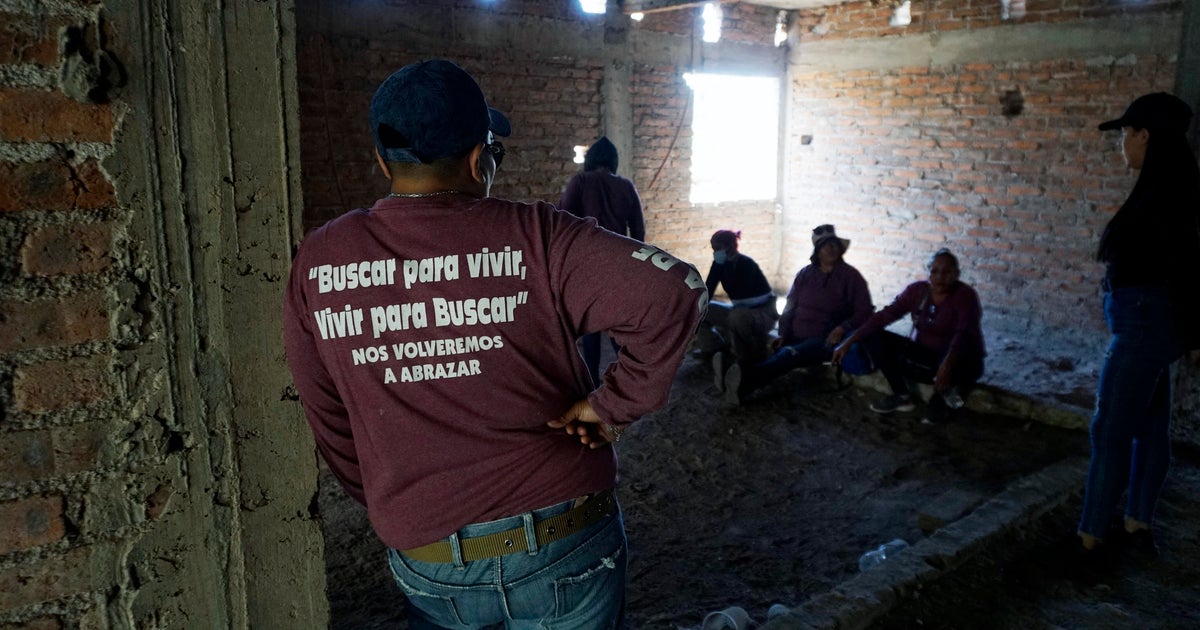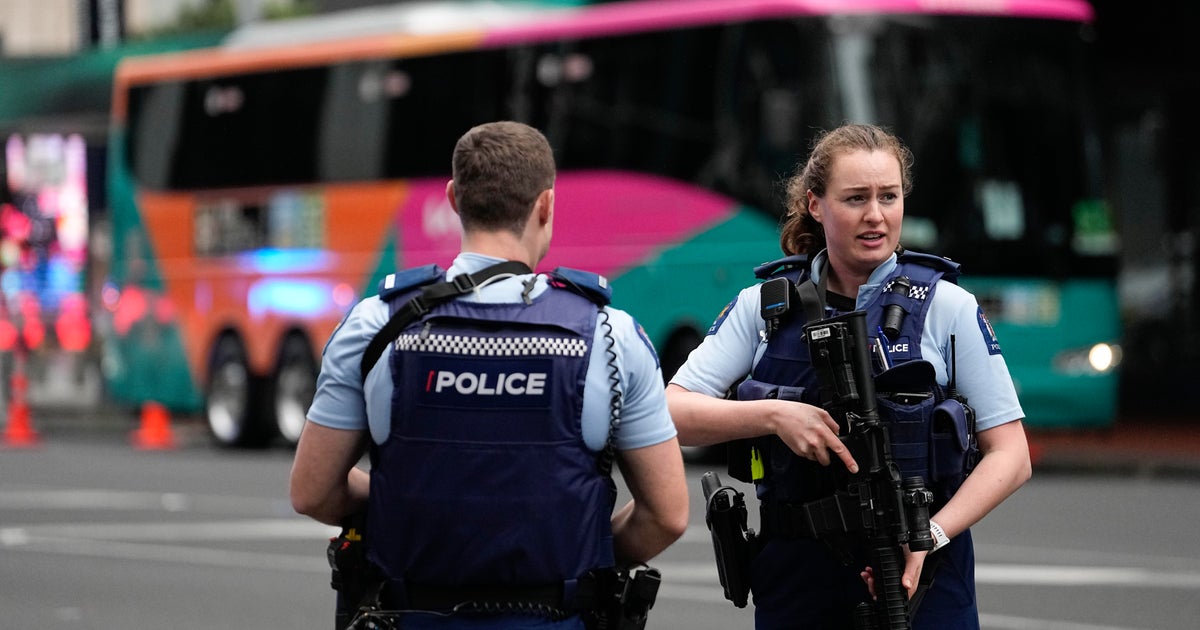UK and US Reach Deal to Maintain Control Over Diego Garcia Amid Rising Global Tensions

The United Kingdom and the United States have finalized an agreement that allows the continued operation of the military base on Diego Garcia, a strategically vital atoll in the Indian Ocean. This arrangement ensures that the base remains shielded from legal challenges that have increasingly threatened its status, particularly following a recent High Court injunction brought forth by a former resident of the Chagos Islands, from where the islanders were forcibly removed decades ago.
British Prime Minister Keir Starmer emphasized the urgency of this decision, stating, “We had to act now. The base was under threat.” The finalization of the deal follows the overturning of that legal injunction, underscoring the critical nature of maintaining military capabilities at Diego Garcia, which lies approximately 9,300 kilometers southeast of the UK and around 2,000 kilometers northeast of Mauritius.
Diego Garcia serves as a pivotal chokepoint between the Indian Ocean and essential maritime routes, providing a secure base for naval operations and intelligence-gathering initiatives crucial for counterterrorism and nuclear monitoring. Starmer highlighted the geopolitical stakes, warning that failing to reinforce this military presence could open the door for countries like China to establish their own bases in the region. “There is no alternative but to act in Britain’s national interest,” he asserted, adding that losing access to Diego Garcia would be both irresponsible and dangerous.
An aerial view of Diego Garcia reveals the expansive military facilities utilized by the United States and its allies. Starmer noted that the agreement essentially functions as a military lease disguised as a diplomatic compromise. Under the terms of the deal, the UK will maintain full operational control of the base, including management of the electromagnetic spectrum necessary for communication. Furthermore, a 24-nautical-mile buffer zone has been established around the island, wherein no construction or placement of objects can occur without British consent. Additionally, Mauritius is barred from permitting any foreign security forces on the outer islands, reinforcing Western control over this strategic location.
The UK government asserts that the deal represents a sound financial investment, with the average annual lease payment of £101 million being comparable, if not slightly less, than the operational costs of a British aircraft carrier. In addition, the agreement involves a commitment of £45 million annually for 25 years, designated for supporting economic development projects in Mauritius, alongside a £40 million investment to create a trust fund for the former residents of the Chagos Islands.
For the Chagossians, the descendants of Afro-Creole islanders who were forcibly displaced in the 1960s and 1970s, this agreement is not a conclusion but rather another chapter of betrayal. Approximately 1,500 islanders were uprooted to make space for the US military base, and many have since struggled with poverty and discrimination, often without adequate compensation. “Sir Keir Starmer is washing his hands of the Chagossian people,” lamented Bernadette Dugasse, who led a legal challenge against the deal. “We are not 100 percent sure everyone will benefit. Most of us still live in the same conditions 50 years after we arrived. I don’t trust the Mauritian government.”
The UK government acknowledges that while resettlement of Chagossians on the outer islands is “theoretically possible,” the logistical challenges remain significant. The £45 million support fund for Mauritius is set to be administered exclusively by the Mauritian government, without direct oversight from the UK, raising concerns about the potential misallocation of these funds.
Critics of the deal have emerged from various political factions, with Conservative leader Kemi Badenoch denouncing it as “an expensive surrender,” accusing the Labour government of burdening taxpayers with exorbitant costs for diminishing returns. Nigel Farage also criticized Starmer, suggesting he was “selling off a Cold War jewel to the highest bidder.” In contrast, Starmer pointed out the support from key international allies, stating, “It is worth reminding ourselves who is in favour of this treaty – the US, NATO, Five Eyes, India. Against it? Russia, China, Iran, and surprisingly, the leader of the opposition and Nigel Farage.”
This deal has garnered attention across the ocean, with the US government, which had previously expressed skepticism under the Trump administration, now praising the agreement. US Secretary of State Marco Rubio labeled Diego Garcia “critical to regional and global security,” while President Donald Trump gave his endorsement during a meeting with Starmer.
As the UK navigates this complex landscape, concerns have been raised about the implications of the Chagos handover for other British overseas territories. Critics warn that this move could set a precedent that might affect sovereign bases like Akrotiri and Dhekelia in Cyprus, and even stir tensions in places like Gibraltar and the Falklands. British Foreign Secretary David Lammy has assured that these territories “are not up for negotiation,” but the UK’s assertion that the Chagos situation is unique will be closely scrutinized.
According to Samir Puri, director of the Global Governance and Security Centre at Chatham House, the decision on Chagos reflects an urgent need for the UK to rethink how it maintains its influence in distant territories. “There are understandable concerns that, as a result of the decision, China may develop commercial ports in the region and seek to compete with India for economic and strategic relationships,” he noted. But he emphasized that this issue requires long-term monitoring, regardless of the outcomes surrounding the Chagos Islands.
Ultimately, the deal signifies more than just a post-colonial adjustment; it represents the UK reassessing its position in a rapidly changing global arena. By securing the operational status of Diego Garcia, the UK aims to continue shaping security dynamics in the Indo-Pacific, albeit through the lens of a former colonial relationship.


























